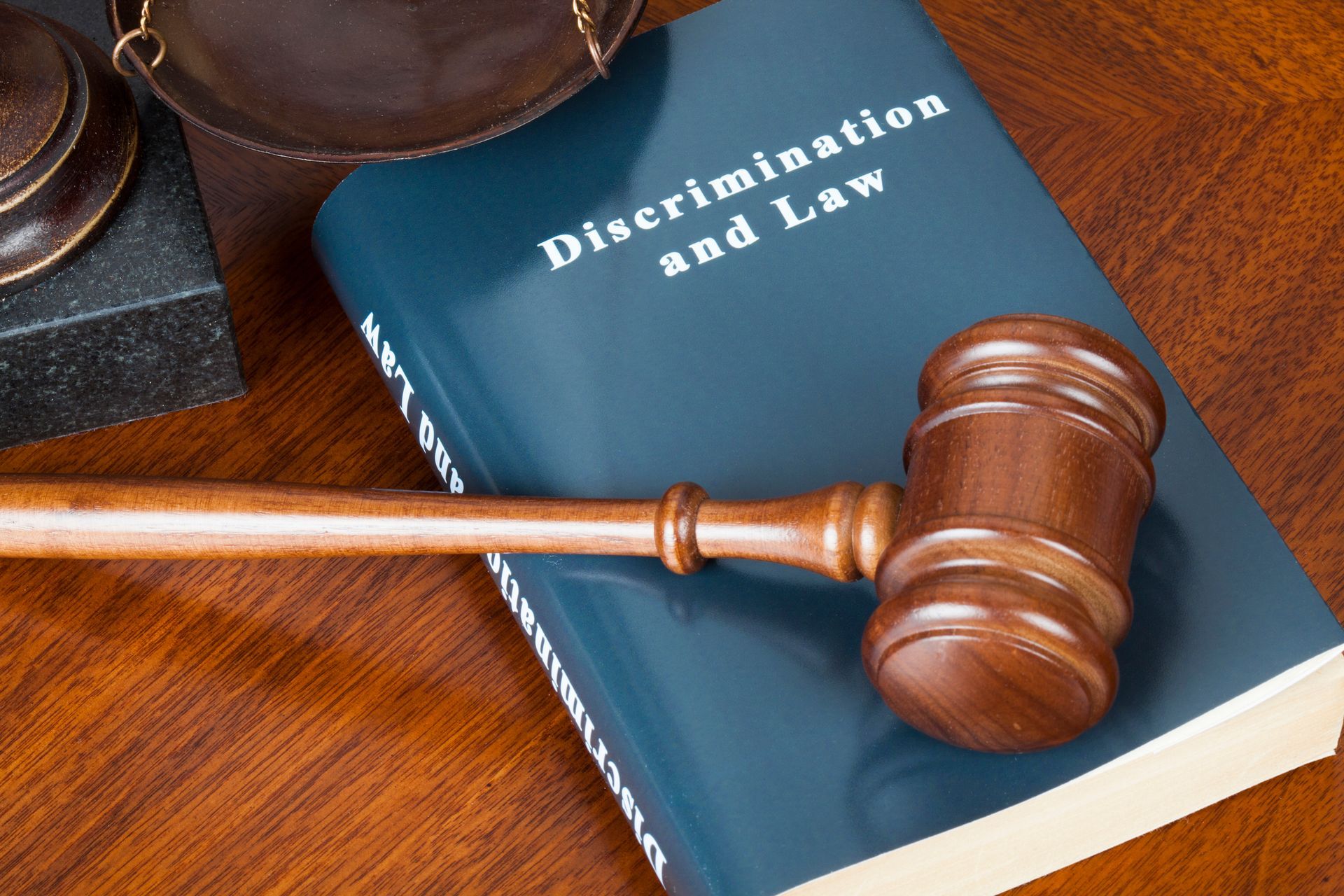What to Do If You've Experienced Retaliation

Experiencing retaliation from your employer after reporting discrimination can be incredibly distressing and overwhelming. Such actions not only affect your professional life but can also have a profound impact on your personal well-being. Understanding your rights and options is crucial in navigating this challenging situation. With the right legal support, you can take steps to protect your rights as an employee and hold your employer accountable for their actions.
Understanding Retaliation in the Workplace
Retaliation happens when an employer takes negative actions against an employee for participating in legally protected activities, like reporting instances of discrimination or harassment. This could manifest as termination, demotion, reduced hours, or even harassment. Employment law provides protections for those who report such actions, asserting that employees should not face repercussions for speaking out against discrimination.
If you have faced retaliation after reporting discrimination, it's essential to recognize that you are not alone. Many employees experience similar challenges, and the law offers avenues for addressing these grievances. Engaging an experienced employee rights attorney can help clarify your situation and advocate for your rights.
The Role of an Employee Rights Attorney
An attorney focusing on employment law protecting employee rights and can provide invaluable guidance if you believe you have been subjected to retaliation. They can help you assess the specifics of your case, including the nature of the discrimination you reported and the subsequent actions taken by your employer. An attorney's knowledge and experience is vital in establishing whether the retaliation you faced is unlawful (yes, some retaliation is lawful) and advising you on the best course of action.
When choosing an attorney, consider their experience in similar cases and their overall understanding of employment law. A seasoned attorney will help you navigate the complexities of your situation and provide detailed legal strategies tailored to your circumstances.
Documenting Your Experience
Taking detailed notes about your experiences can strengthen your case. Keep records of any incidents of discrimination, your reports to management or human resources, and all actions taken by your employer following your report. This documentation will serve as critical evidence when discussing your case with your attorney. Additionally, maintaining communication records, such as emails or messages, can further substantiate your claims of retaliation.
It can be helpful to describe specific instances where retaliation occurred, including dates, witnesses, and any relevant details surrounding these incidents. This comprehensive documentation can significantly enhance your position when pursuing legal remedies.
Exploring Legal Options
Upon reviewing your case, your employee rights attorney can explore various legal options available to you. You may have grounds to file a formal complaint with the Equal Employment Opportunity Commission (EEOC) or your state’s labor department. These agencies investigate claims of workplace discrimination and retaliation, and they offer a structured process to address your concerns.
Alternatively, if your attorney determines that your case has merit, you may be able to pursue a lawsuit against your employer. This process can be lengthy and complex, but it may be necessary to seek the compensation and justice you deserve. Your attorney will guide you through every step of this process, ensuring you are informed and prepared.
Seeking Support
Dealing with the emotional and psychological fallout from workplace retaliation can be challenging. It's crucial to seek support from friends, family, or mental health professionals during this tumultuous time. Transitioning to new employment or pursuing legal channels can take a toll on your mental well-being, and having a strong support system can help mitigate these stressors.
Moving Forward
While facing retaliation after reporting discrimination can feel isolating, remember that you possess rights that protect you as an employee. Take proactive steps to understand and assert those rights, allowing yourself to focus on healing and moving forward. Working closely with an employee rights attorney will empower you to confront your challenges head-on and work towards achieving a fair resolution.
Ultimately, you have the right to work in an environment free from discrimination and retaliation. With the right support and resources, you can reclaim your narrative and seek justice for the grievances you have endured. Trust in your ability to advocate for yourself, and know that you have options available to address the retaliation you’ve faced.
If you want to learn more about your rights as an employee and how to handle retaliation from an employer, contact Attorney Allen D Arnold.
Alabama Rules of Professional Conduct Notice: No Representation is made that the quality of legal services offered is greater than that of other lawyers. The information contained on this website is not a substitute for legal advice, and reading it does not create an attorney-client relationship.









